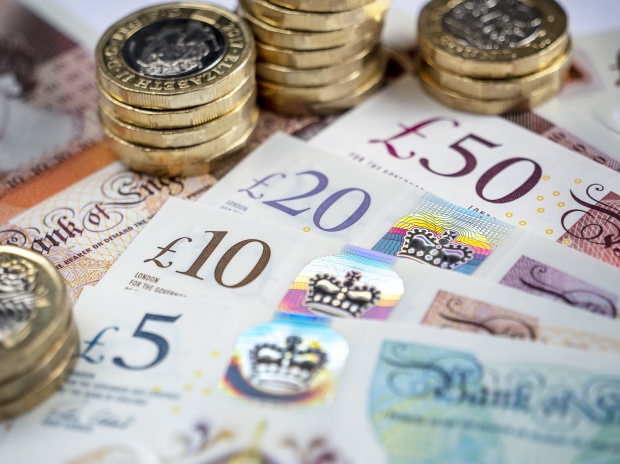
INTEREST rates could rise again now for the second time in two months as the Bank of England attempts to counteract the soaring cost of living.
Analysts think that the central bank, which sets rates, will raise the official interest rate from 0.25% to 0.5% on Thursday (February 3).
In December 2023, the bank's Monetary Policy Committee dicated to lift rates to 0.25% from a historic low of 0.1%.
And the rates may go up again before the end of the season, with a few commentators predicting rates could hit 1.25% by this December.
The decision to up interest rates is in reaction to the rate of inflation, which measures the cost of living, and that is currently at a 30-year high of 5.4% thanks to high energy and food prices.
Increasing the financial institution rates are like a lever for slowing down inflation.
If the Bank of England raises rates of interest, the cost of borrowing increases. Which means that consumers and businesses have less money to invest, and in theory, as demand for goods and services fall, so should prices.
Banks aren't obliged to pass on any interest rate rises for their customers, but a change can influence the price of borrowing or how much interest you may earn in your savings.
So you could discover you're paying more for certain borrowing costs.
Sarah Coles, senior personal finance analyst at Hargreaves Lansdown, said: “The idea behind rate rises would be to ease inflation and alleviate the cost of living crisis, but for anyone facing a horrible combination of higher mortgage repayments and rising taxes, it could do the precise opposite."
Here are five ways you could feel the results of any change:
If you've got a loan, charge card or overdraft
Most unsecured borrowing such as finance to buy a car won't usually be affected by an interest rate change.
This happens because you decided to pay a set interest rate whenever you took out the borrowed funds.
But it's possible for that rate of interest in your charge card or overdraft to rise.
Many customers of big providers for example Lloyds Bank, MBNA, Halifax and Barclaycard get their credit card rates directly linked to Bank of England base rate, so that they will move automatically with any changes.
You'll get notice before happens, subject to the terms and conditions of your account.
If you've got a balance of

